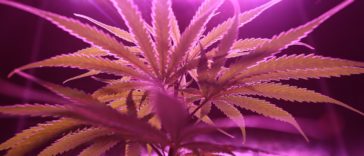This website is informational and cannot diagnose or treat illness or disease. Medical marijuana should be used under the direction of a licensed healthcare provider. This site contains advertisements. If you click a link and make a purchase, MarijuanaMommy.com may receive a commission.
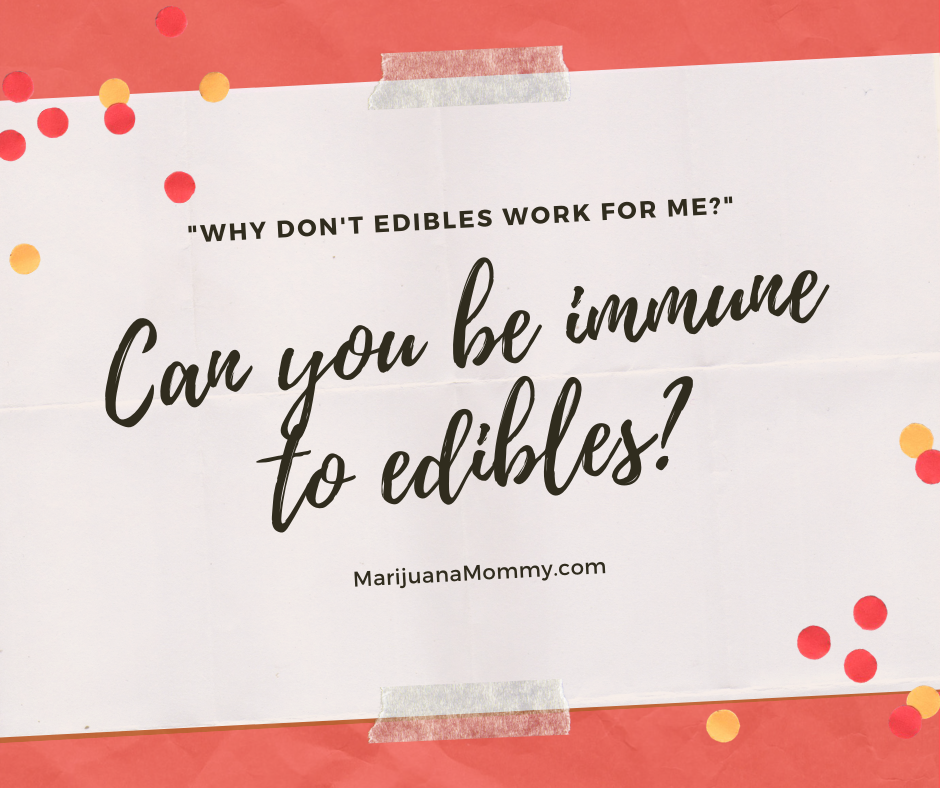
“Why don’t edibles work on me?”
Consuming cannabis via edibles offers many advantages. Edibles are stronger than smoking, they last longer, and are much more discreet on the go. However, for some, cannabis edibles just don’t work.
“Why aren’t my edibles working?”…”I tried edibles and felt nothing.”…”I ate 500 mgs of THC, why don’t I feel high?”
These are the questions, I hear over and over from frustrated patients, who then ask, “Can you be immune to edibles?” The answer is yes. In some circumstances, the body is unable to absorb and process orally consumed cannabinoids.
Edibles are processed differently compared to smoking
The mantra in the cannabis industry is to start low and go slow. That means start with a low dose and increase the dose slowly and gradually over time. Especially when it comes to edibles.
This is because orally consumed cannabinoids (like THC and CBD) are processed differently than inhaled cannabinoids. First, keep in mind that cannabinoids are lipophilic, they behave a lot like fats, and are often administered in addition to a fat to enhance absorption (i.e. butter, oil, etc.). The body processes them similarly to other lipids.
When you eat a cannabis edible, it has to travel through the digestive system, where the food is broken down and the cannabinoids are absorbed. After absorption, they then travel through the blood to the liver where enzymes transform the cannabinoids into metabolites. The metabolites then travel to the brain and this is when the consumer begins to feel effects. This process can take hours.
This means, it takes the body a lot longer to process edibles compared to inhalation. While, the effects of inhalation are felt immediately, edibles can take HOURS to start working. Most patients report it takes 20 mins to four hours for edibles to begin working.
Also, because of the different metabolic process, edibles are usually much stronger than smoking. This means consumers usually need a much lower dose of edibles, compared to the dose they would require if they were smoking. Additionally, edibles last a lot longer than inhalation. Some patients report the effects lasting 6-8 hours.
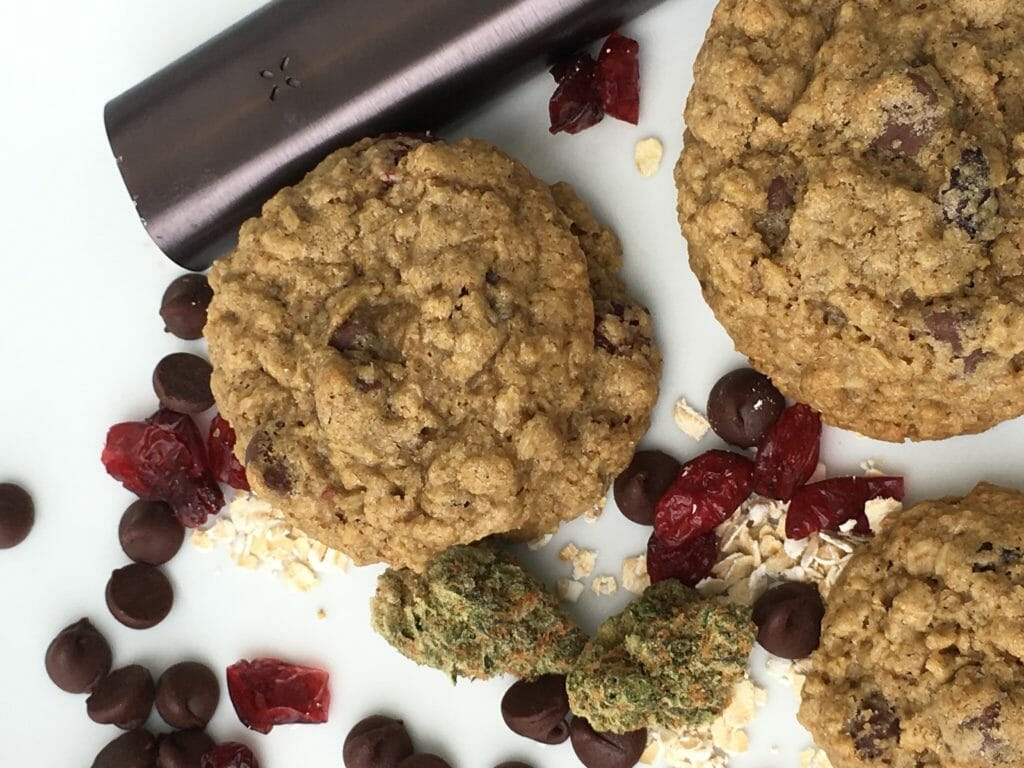
I thought edibles worked for everyone? Nope.
Edibles can offer a variety of benefits making them a popular method of consumption. Many are frustrated when they realize edibles don’t work for them.
Not only do edible-resistant folks exist, but they’re more common that you probably realize. In my casual estimates, based on the patient population I’ve interacted with, I’d estimate as many as 10-15% of cannabis patients are unable to properly process orally consumed cannabinoids.
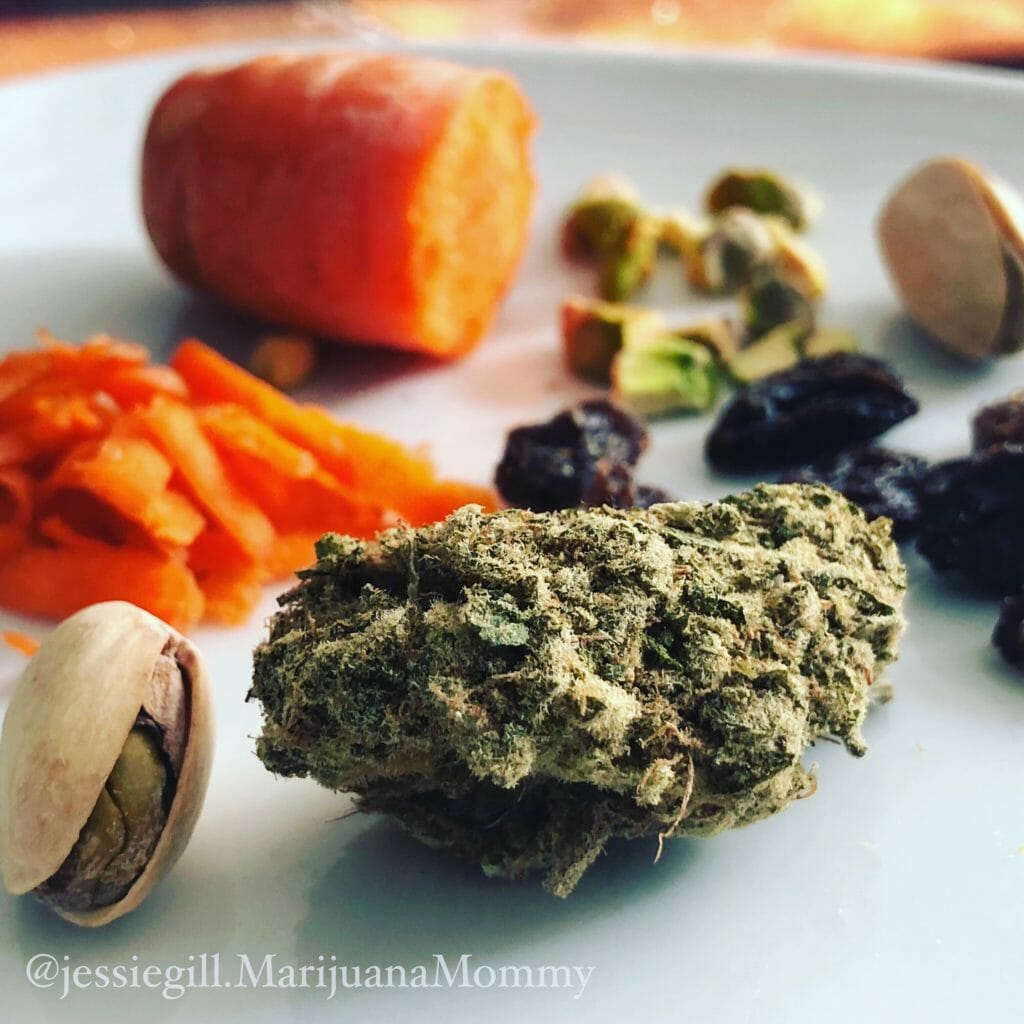
Why don’t edibles work for everyone?
The digestive and metabolic processes required for the body to fully utilize cannabinoids, are long and complex. Research shows that lipid-associated oral delivery of medications in general can be affected by multiple variables.
Again, there are MULTIPLE issues that can render the metabolic process useless. In these circumstances, the patient may simply excrete the cannabinoids without ever metabolizing them.
When patients are unable to process edibles, it’s usually related to one of two issues:
- Digestion/Absorption Issues
- Metabolic Issues
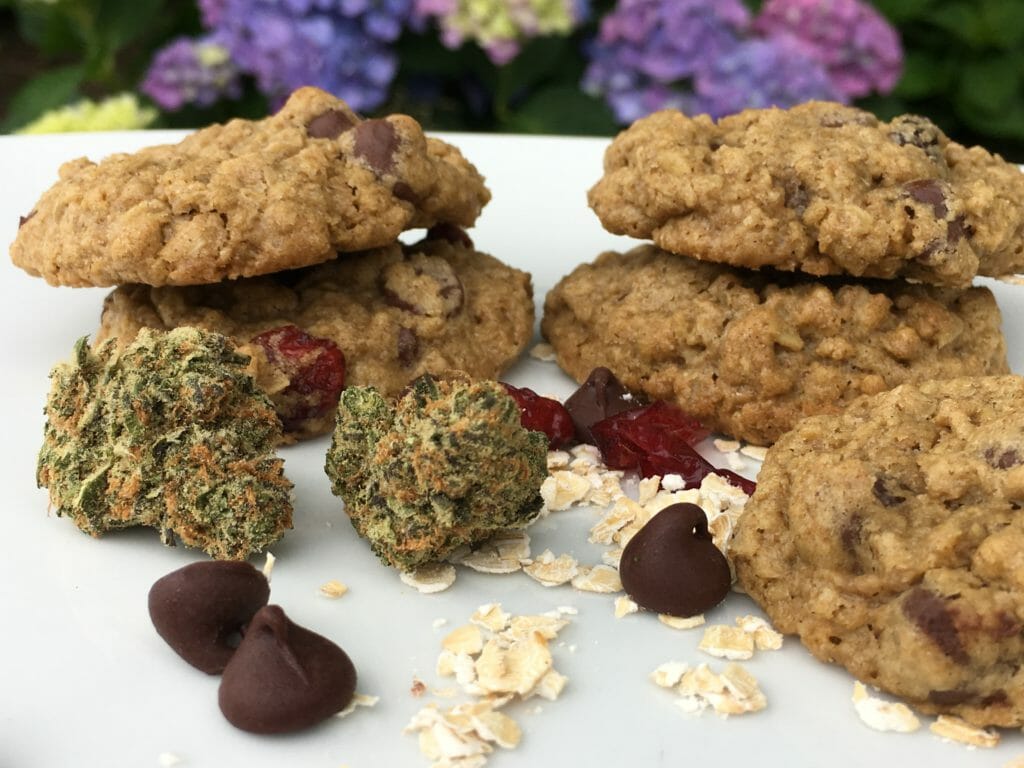
Digestive & Absorption Issues
Medical cannabis can be very beneficial to patients with GI disorders. This means the population of medical cannabis users tends to have a higher prevalence of these issues.
Unfortunately, many chronic health conditions cause problems with the digestion and absorption of some medicines, including oral cannabis. Not everyone has a fully functional digestive system. These alterations can be caused by a variety of diseases or gastrointestinal surgery.
If a person is unable to properly absorb fats in their digestive system, they will probably be unable to utilize edibles. We see this issue most often in patients with some of the following health challenges:
- Fat malabsorption syndrome
- Irritable bowel disease
- Irritable bowel syndrome
- History of galbladder removal
- Lipase deficiency
- History of other GI surgery
- Pancreatic issues
- Issues with bile production
- Cystic fibrosis
- Chronic diarrhea
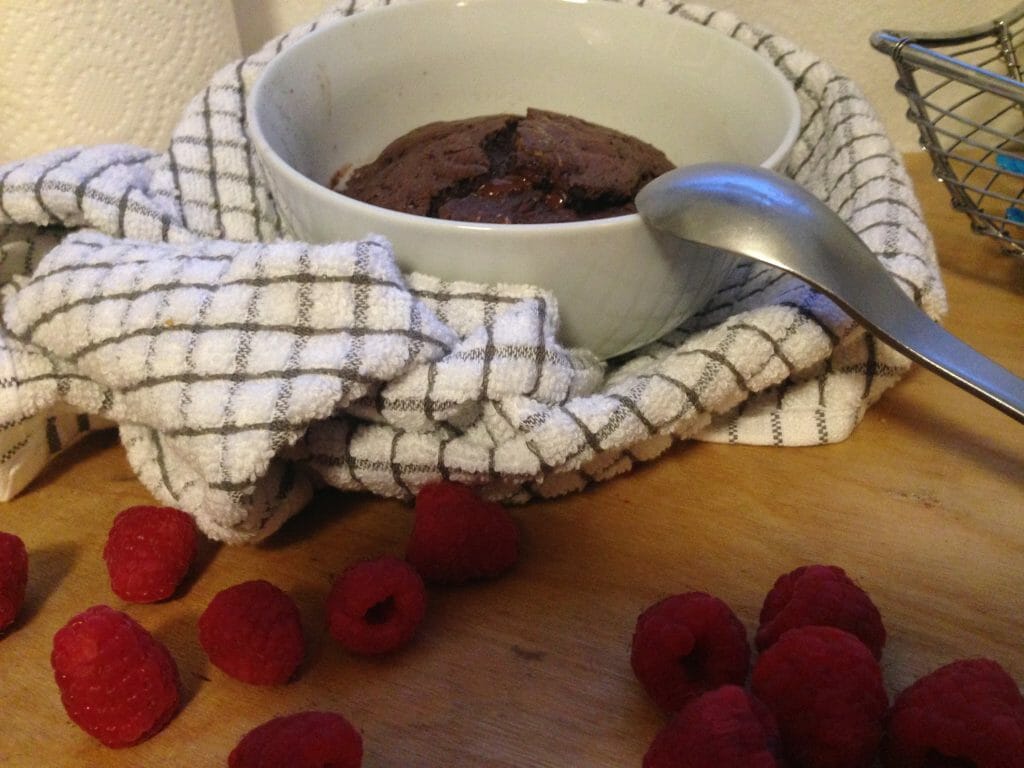
Medications can cause absorption issues
On top of the physical issues that can affect absorption, some pharmaceuticals and over-the-counter medications, like laxatives and weight loss, drugs can also negatively impact and/or prevent the absorption of cannabinoids.
Additionally, some oils cause laxative like effects in some individuals. Because oral cannabis is frequently administered in conjunction with an oil, this may be an issue.
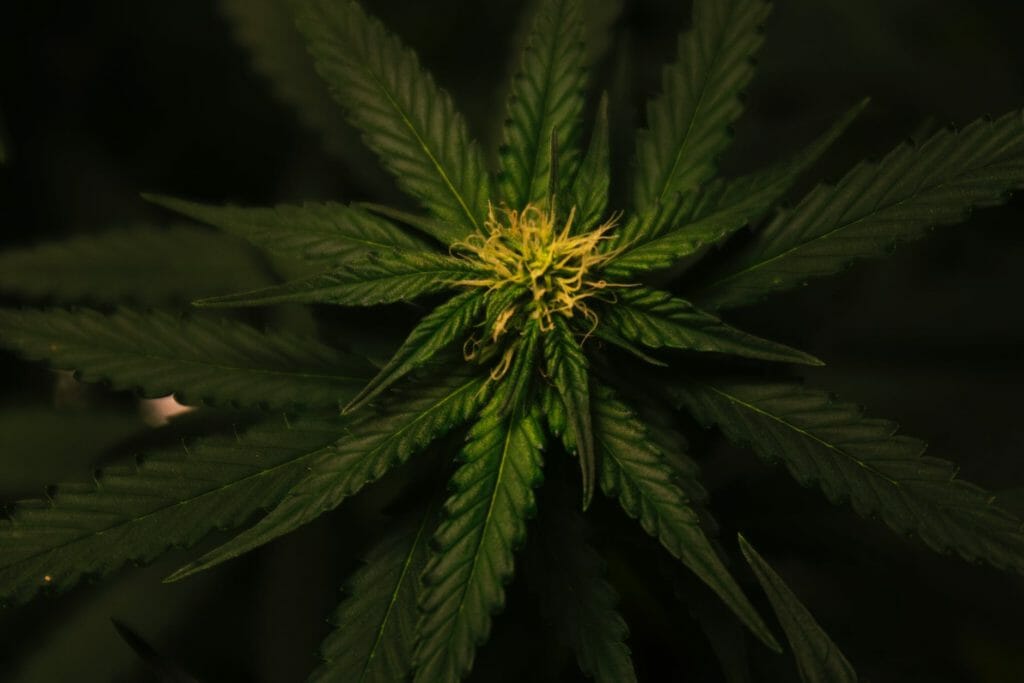
Metabolic issue
The metabolic process for processing orally consumed cannabis is also complex. After the body finally absorbs the cannabinoids, they must be processed.
Cannabinoids are processed via the CYP450 metabolic pathway, and this process is very complex. A variety of issues can affect the production of metabolic enzymes. If a person is lacking an effective amount of the required enzymes, they could be unable to fully metabolize the orally administered cannabis. Effects are also dependent upon the concentration and availability of endocannabinoid receptors, which can vary from person-to-person.
The Prof of Pot offers an excellent explanation of cannabinoid metabolism here.
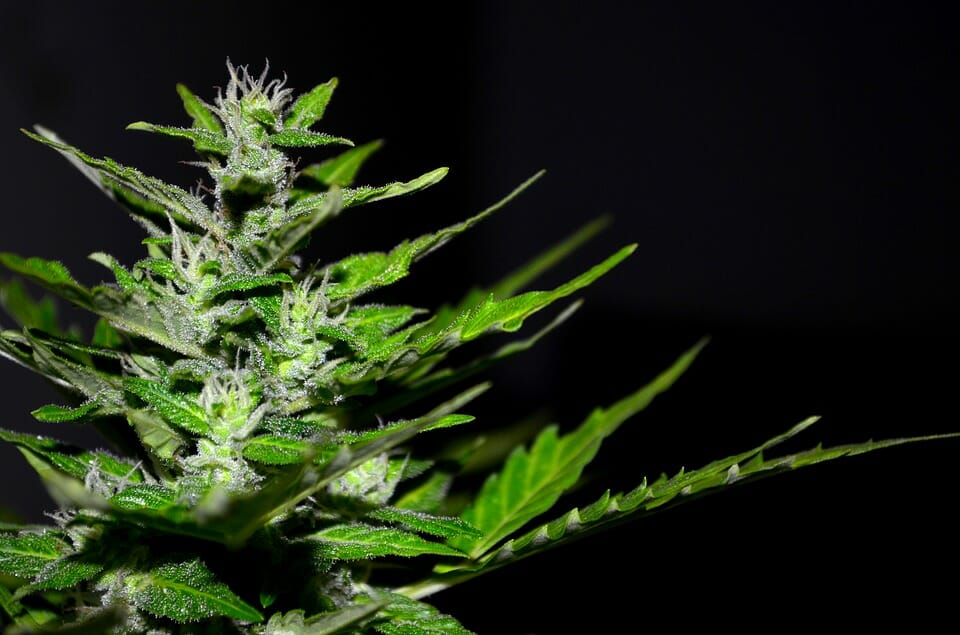
It could be genetic
Additionally, there is a very strong genetic component that influences cannabis metabolism.
These genetic components are the reason each individual responds to cannabis so differently. Some people are considered rapid cannabis metabolizers, while others are ultra-slow metabolizers.
How your body processes cannabis could be genetic.
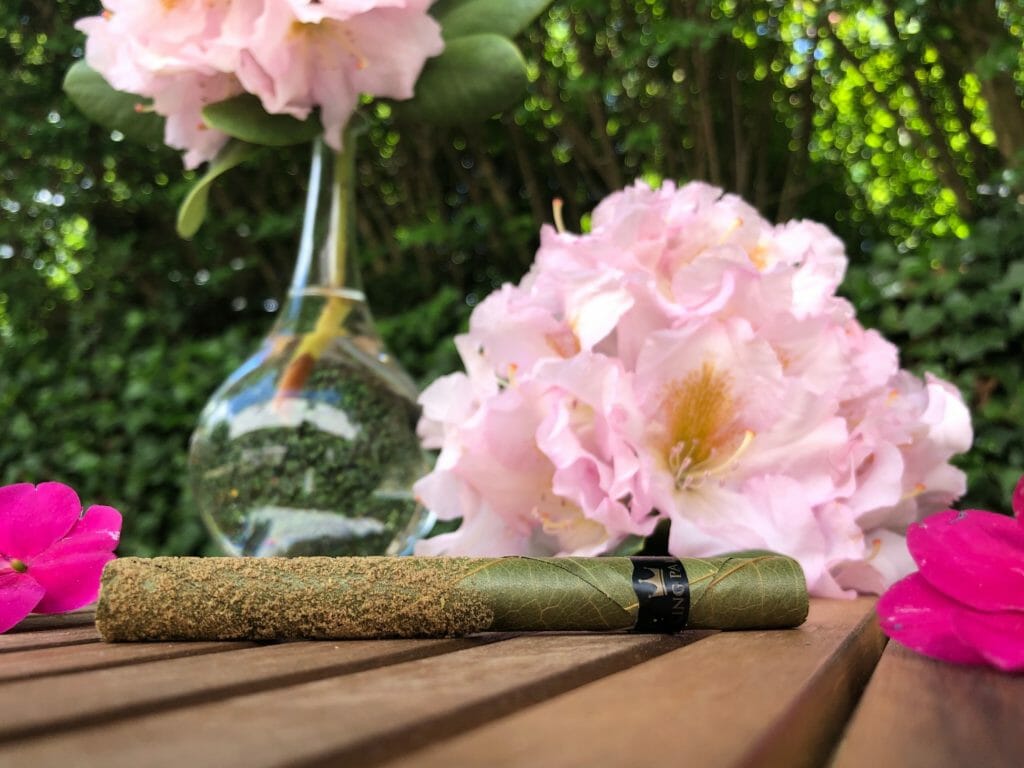
What to do if edibles don’t work for you
Keep in mind that absorption and metabolism can change depending on a variety of factors. This means the quality of your absorption could vary. One day, edibles might feel more effective compared to other days.
One of the many factors that can affect absorption is what you ate at the time of consumption. Taking edibles on a full stomach vs an empty stomach may produce different results.
Cannabis experts have traditionally advised patients to consume cannabinoids accompanied by a fat, but this advice may be counterproductive for anyone who has fat absorption issues.
Most edibles are prepared with a lipid base like oil. Occasionally, patients who have issues with traditional edibles lipid-based products, have better luck with products extracted by alcohol or infused into vegetable glycerin.
Cannabis tinctures made from alcohol or vegetable glycerin can also be used sub-lingually. This means the cannabinoids are absorbed under the tongue by the mucus membranes. This may offer a discreet method of administration, but keep in mind, true sub-lingual administration is metabolized similarly to smoking and therefore doesn’t offer the long-term effects that edibles do.
Some patients (especially those with a history of gallbladder issues) report benefits from consuming a Lipase supplement. or a full-complex digestive enzyme.
As always, if one specific cannabis product doesn’t work, consider trying another. And remember, every cultivar of cannabis can cause a different reaction.
Dry herb vaping is another excellent method of consumption. The Boundless CFC is an affordable way to try it out dry herb vaping. But if you really want a top-of-the-line vaporizer, I love the Crafty.
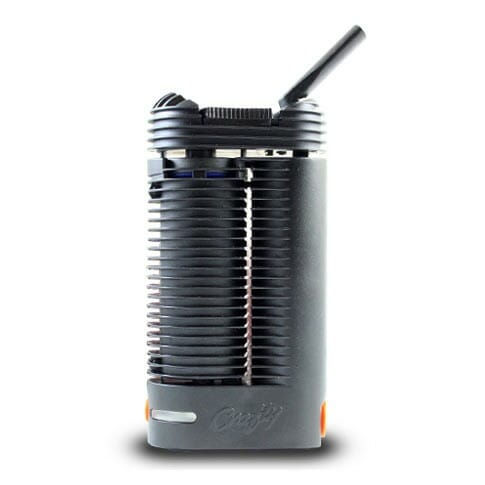
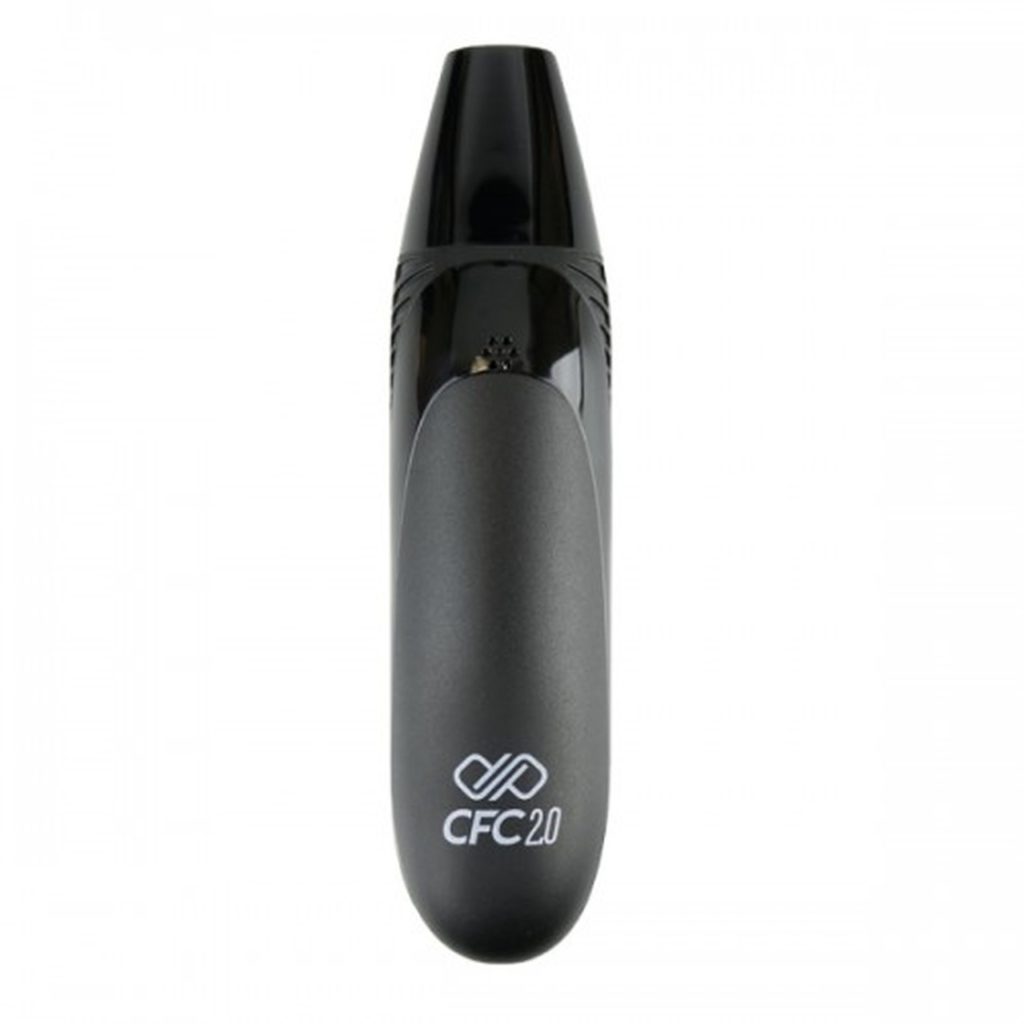
Conclusion
Some people have fantastic results from cannabis edibles, while others can’t use edibles at all. The absorption and metabolism of orally consumed cannabinoids are complex. Chronic health conditions, metabolic issues, medications, and genes can all have a significant impact on how a patient processes edibles. Edibles don’t work for everyone, fortunately, there are many other methods of consumption.
If you do make cannabis edibles at home, proper decarboxylation is essential. This video explains more:
Trending Now



